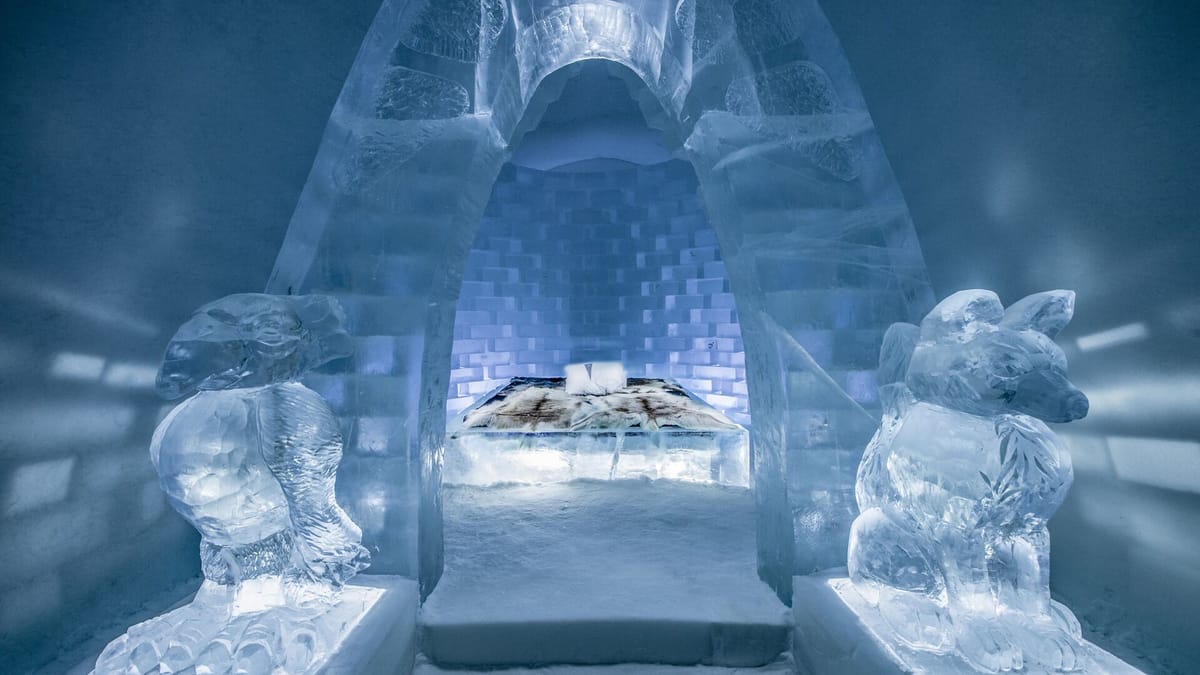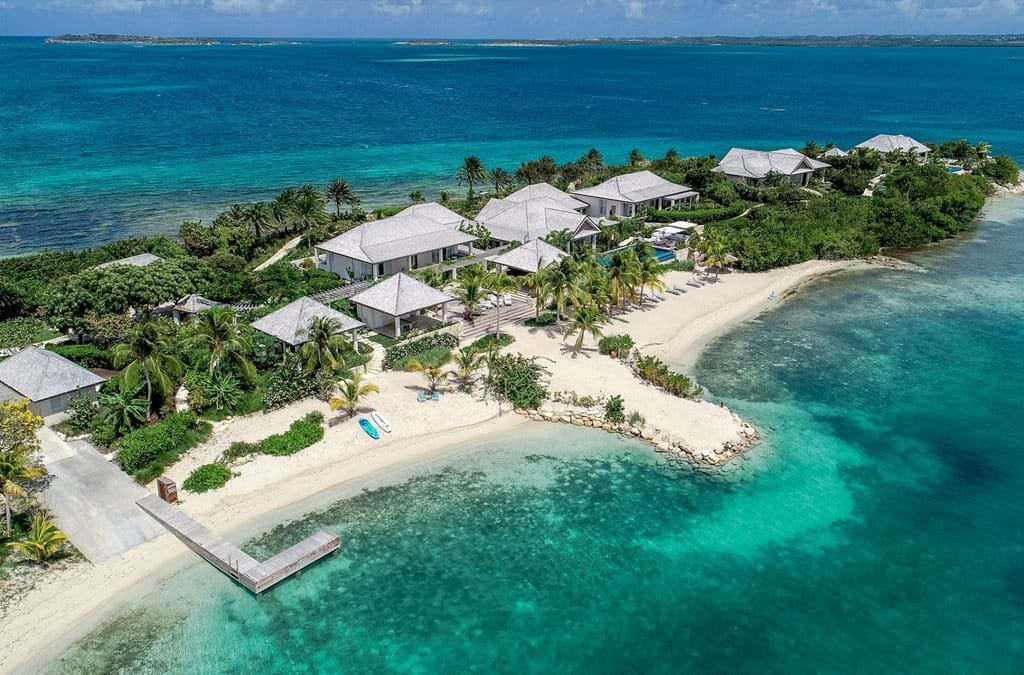World’s Most Dangerous Beach Destinations You Should Never Swim At
These beaches are the world's most dangerous beaches to swim at, and are either infested with sharks, crocs, jellyfish, or pollution — never get in the water when visiting these beaches.
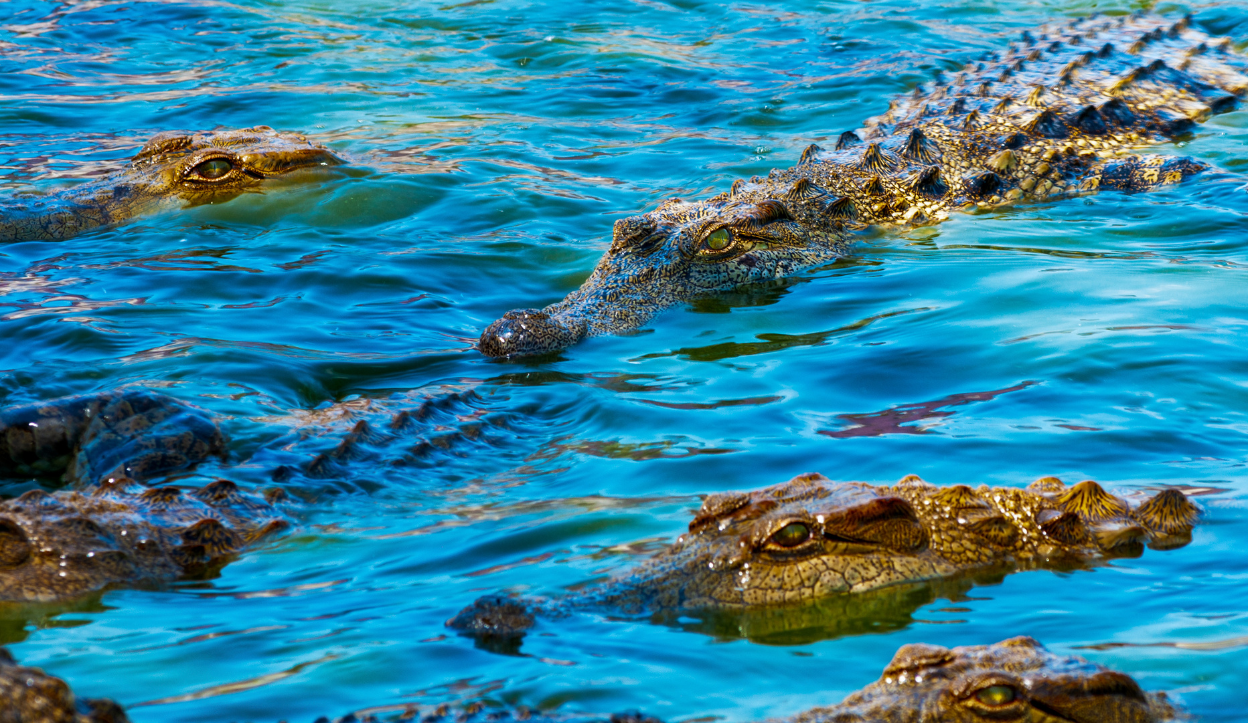
The world's most dangerous beaches to swim at are best enjoyed from a distance, or at the very least on the beach, but never in the water. As beautiful as some of these might look, they hide life-threatening dangers beneath the surface.
From shark hotspots and saltwater crocodile territory to jellyfish-infested waters and polluted beaches, these places are not safe for a swim — and in some cases, getting in the water is playing Russian roulette with your life. Let's take a look at ten of the world’s most dangerous beaches where you should never swim.
Cape Tribulation - Queensland, Australia
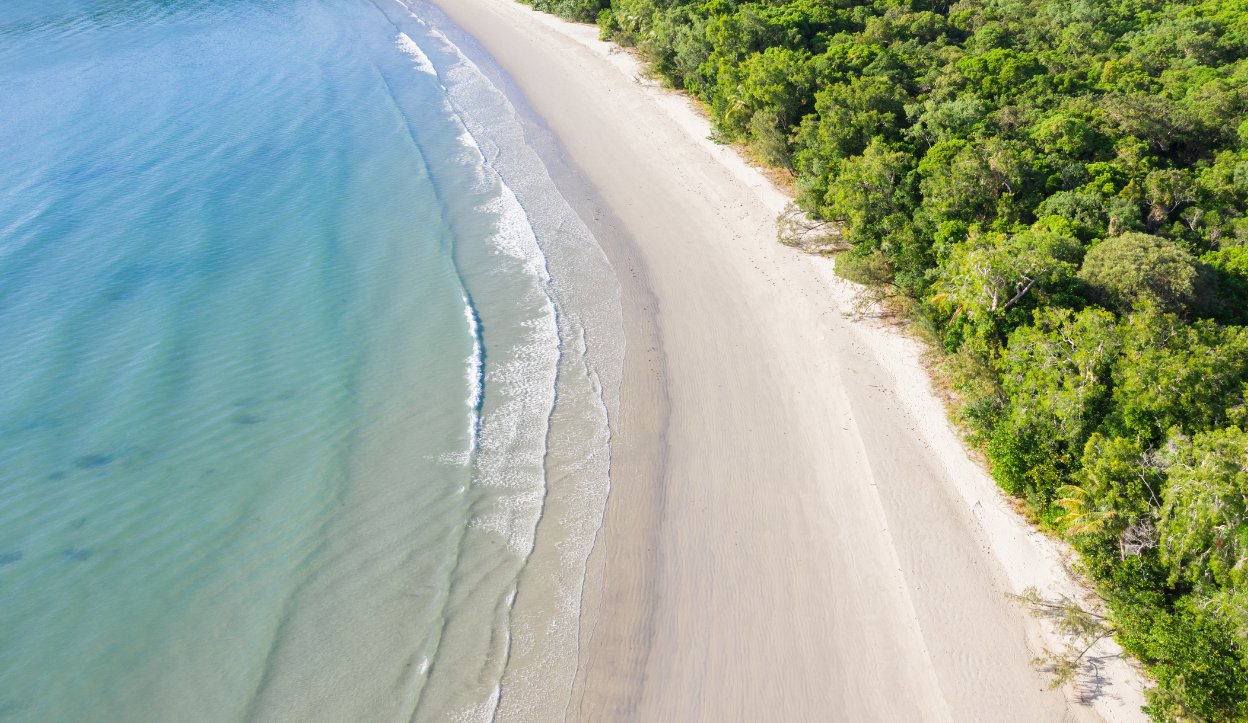
This remote beach in northern Queensland is where two of Australia’s deadliest ocean threats meet — saltwater crocodiles and Irukandji jellyfish. It might look like paradise, but locals know to stay out of the water here. Saltwater crocodiles are apex predators — highly territorial — and will attack anything that enters their space, including humans.
Why it’s dangerous:
- Saltwater crocodiles often spotted near shore
- Irukandji jellyfish stings can cause fatal reactions
- No protective nets or safe zones
Not A Member? ✈️
Save 40%-95% On Flights With Jetsetter Alerts Airline Mistake Fare & Flash Sales Alerts!
Fraser Island, Australia
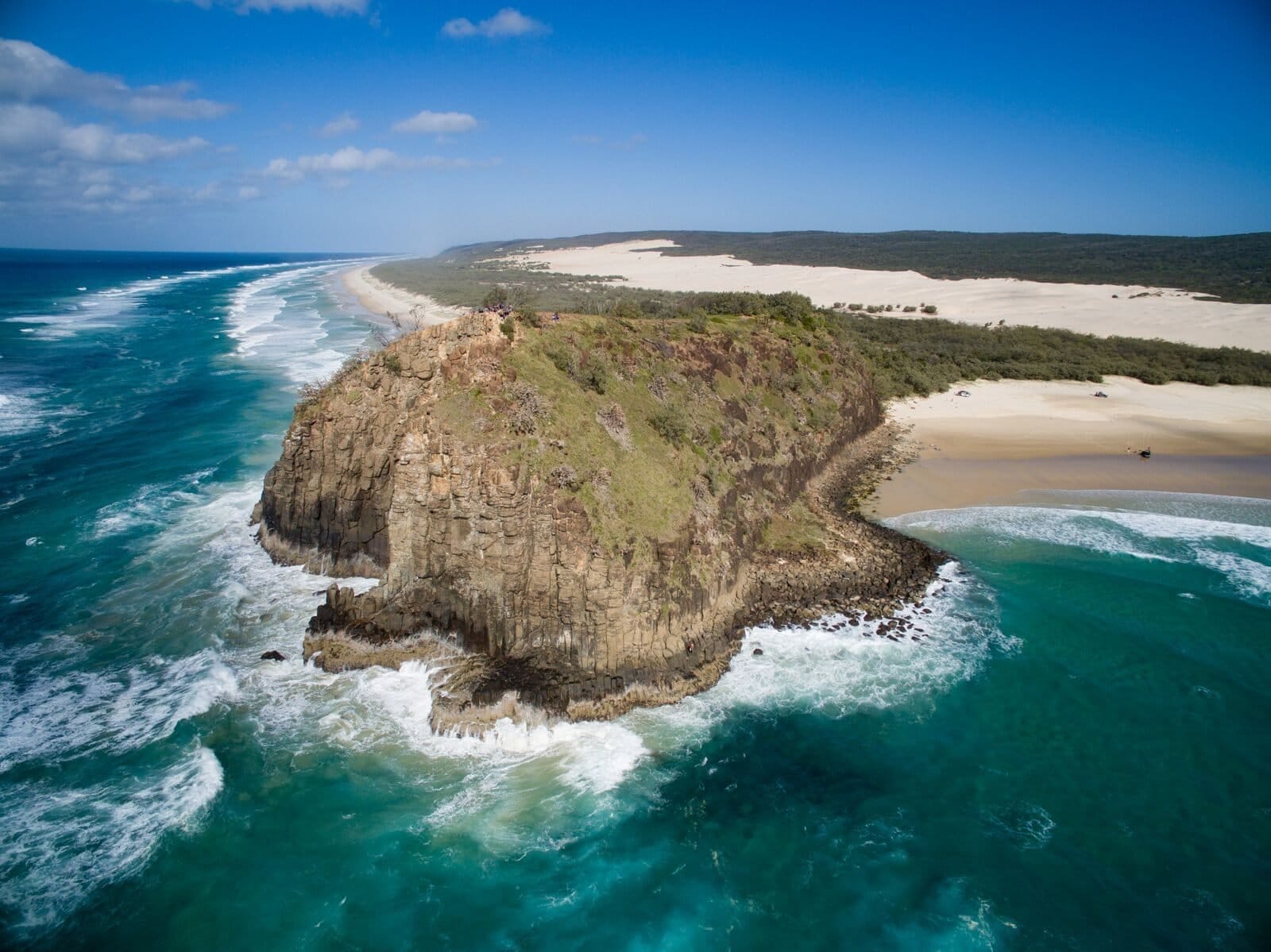
K’gari (Fraser Island), as beautiful as the beaches may look, the waters are extremely dangerous. Powerful riptides can pull even the strongest swimmers out to sea in seconds. The area is also known for shark activity and highly venomous jellyfish, including Irukandji, which can be fatal. Worse yet, the island is remote and there are no lifeguards, so if something goes wrong, help may not arrive in time. The risks are real, and many locals won’t even dip a toe in the ocean here. Stick to the island’s crystal-clear freshwater lakes—they’re much safer and just as stunning.
Why it’s dangerous:
- Irukandji and bluebottle jellyfish infestations
- Strong rip currents
- Tiger sharks known to patrol nearby waters
Darwin - Northern Territory, Australia
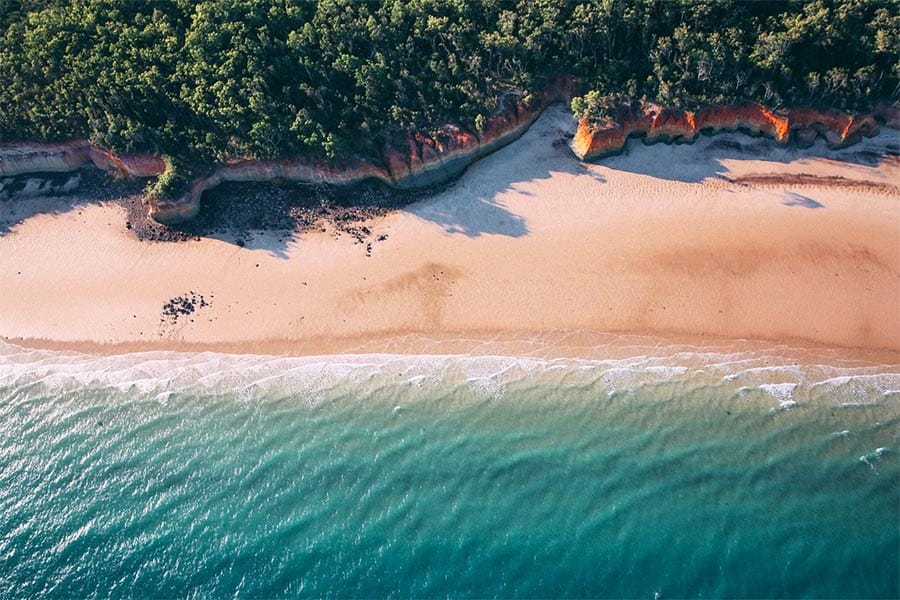
The waters around Darwin look calm, but they’re some of the most dangerous in the world. This area is a known breeding ground for saltwater crocodiles, and deadly jellyfish often drift through during stinger season. Although the government tries to remove the crocodiles when they're spotted, 23 people have been killed in Darwin from crocodile attacks since 1979.
Why it’s dangerous:
- Saltwater crocs are frequently spotted on beaches
- Irukandji and box jellyfish common from Oct–May
- Local advisories often ban swimming altogether
Praia de Boa Viagem - Recife, Brazil
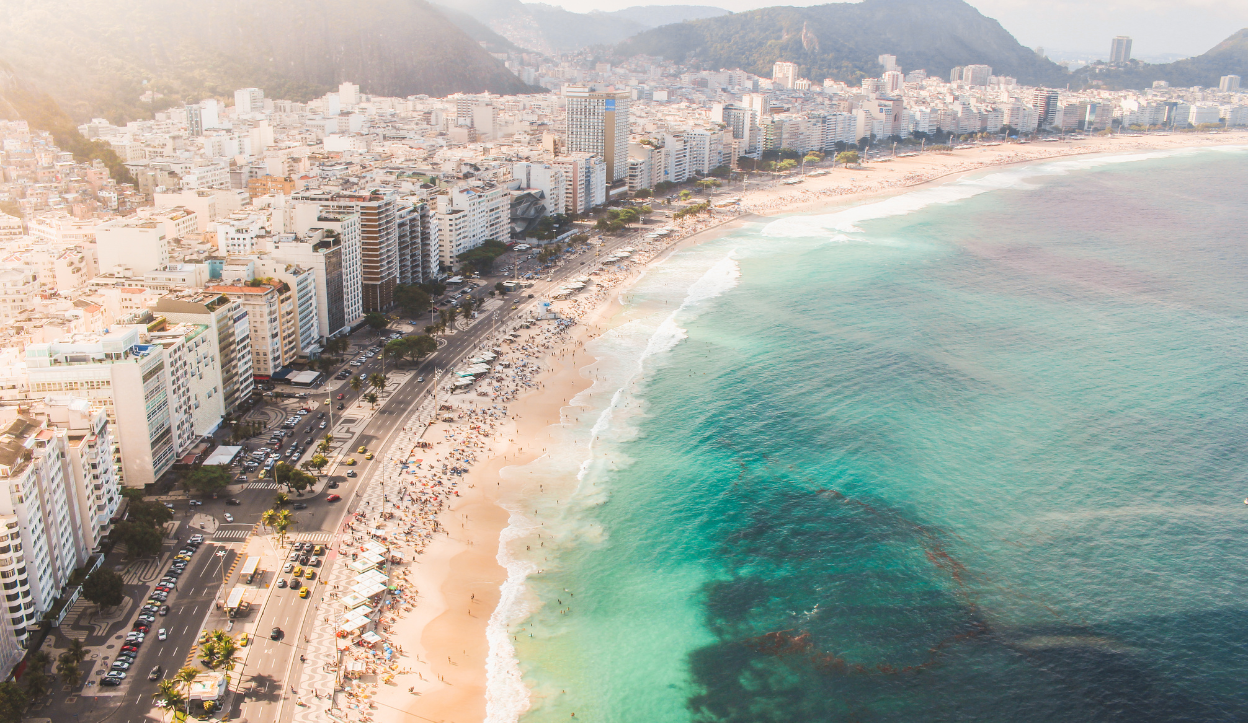
Praia de Boa Viagem is a beautiful but deadly beach in Recife, Brazil. While it’s a popular spot with tourists and locals, the waters here are some of the most dangerous in the world due to a high number of shark attacks, mostly from bull and tiger sharks. Since records began, at least 21 people have died from shark attacks in this area. Despite the danger, many still choose to swim here — and many have paid the price. If you enter the water at Boa Viagem, you’re taking a real risk.
Why it’s dangerous:
- Dozens of confirmed shark attacks since the 1990s
- Attacks often happen close to shore
- Caused by shipping lane changes that disrupted shark feeding zones
Dolomite Beach - Manila Bay, Philippines
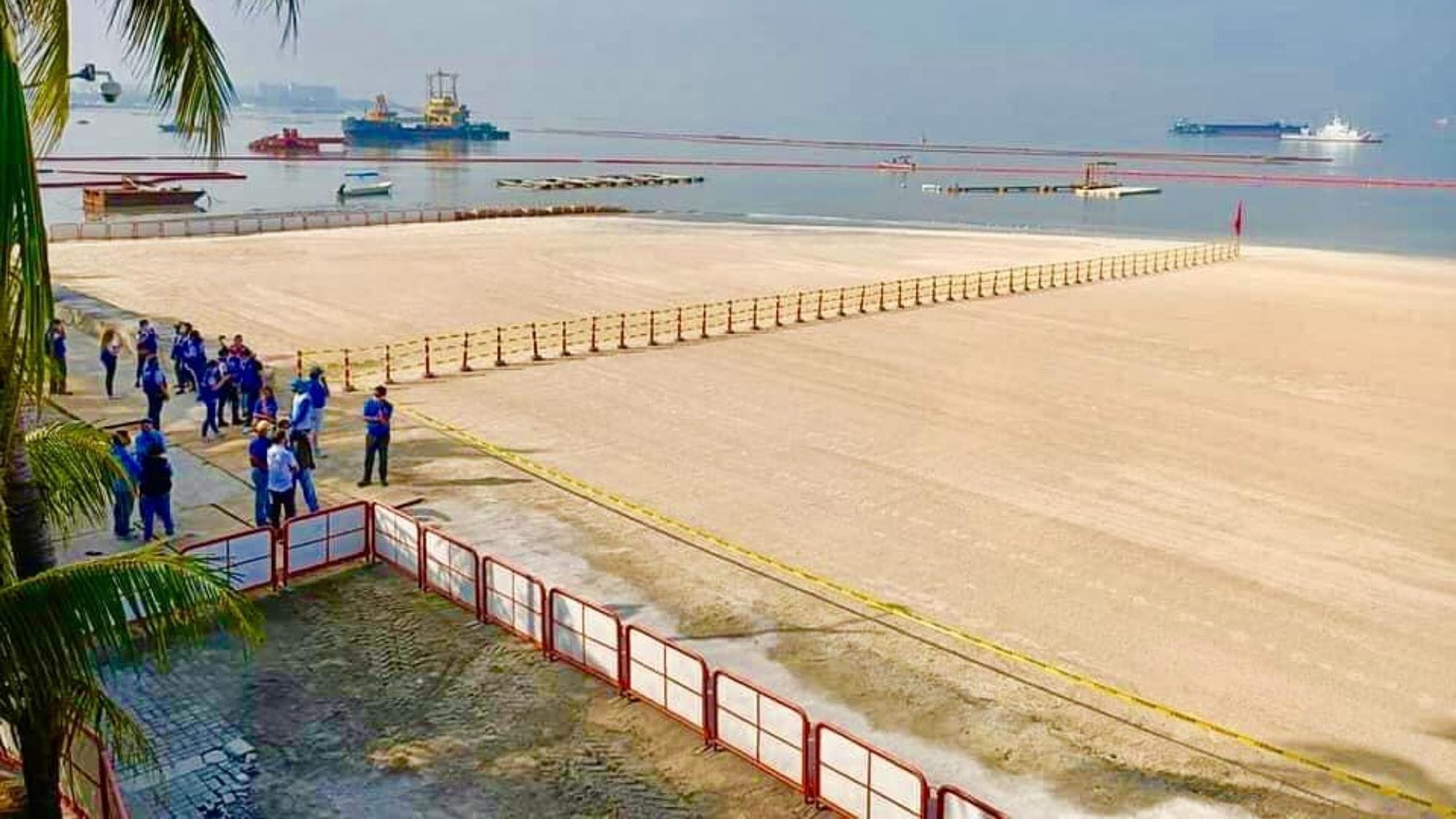
While Manila Bay recently reopened parts of its artificial beach (Dolomite Beach), the water remains one of the most polluted in Southeast Asia. Industrial runoff, untreated sewage, and dangerous bacteria levels make swimming risky to your health.
Why it’s dangerous:
- Severe bacterial pollution
- Risk of skin infections and illness
- Unsafe water quality even after cleanup efforts
Kuta Beach, Bali, Indonesia (During Wet Season)

Kuta Beach is wildly popular with tourists, and the most visited beach in Bali. However, during the rainy season (November to March), ocean currents dump massive amounts of garbage and sewage along the shore. So, it's something to think about, even when you can't see it! Know that the landfills are constantly around you when swimming at this beach. The water becomes so polluted that even the locals stop swimming there.
Why it’s dangerous:
- High bacteria levels during rainy season
- Tons of plastic and waste wash in from the sea
- Not safe for open wounds or skin contact
Tanjung Aru Beach, Malaysia
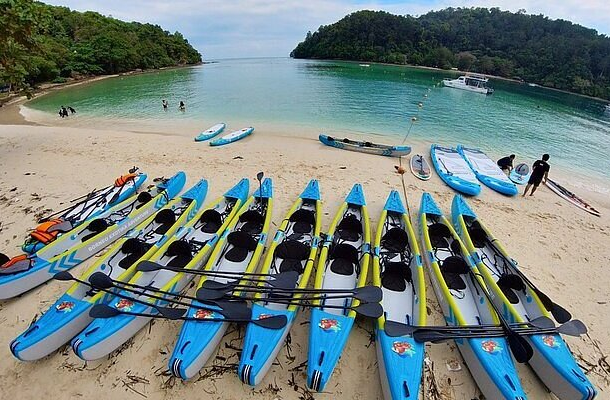
Located near Kota Kinabalu, Tanjung Aru Beach is known more for its sunsets than for safe swimming. While it may look beautiful at first glance, the water often tells a different story—especially after storms. Heavy rainfall leads to polluted runoff, pushing garbage, sewage, and bacteria straight into the sea and risk catching diseases. The water can quickly become unsafe to swim in, with serious health risks including skin infections and illness. You won’t find warning signs or official alerts, and locals are unlikely to mention it, as tourism is a key part of their income. If you're planning to swim here, be aware—what looks like paradise can turn dangerous fast.
- Floating trash and high bacteria counts
- Polluted runoff from nearby urban areas
- Unsafe water quality most of the year
From shark-infested coastlines and jellyfish-heavy waters to polluted beaches that pose serious health risks, these are the world’s most dangerous beaches you should never swim at. No matter how pretty they look, these waters are off-limits for a reason — stay on the sand.
